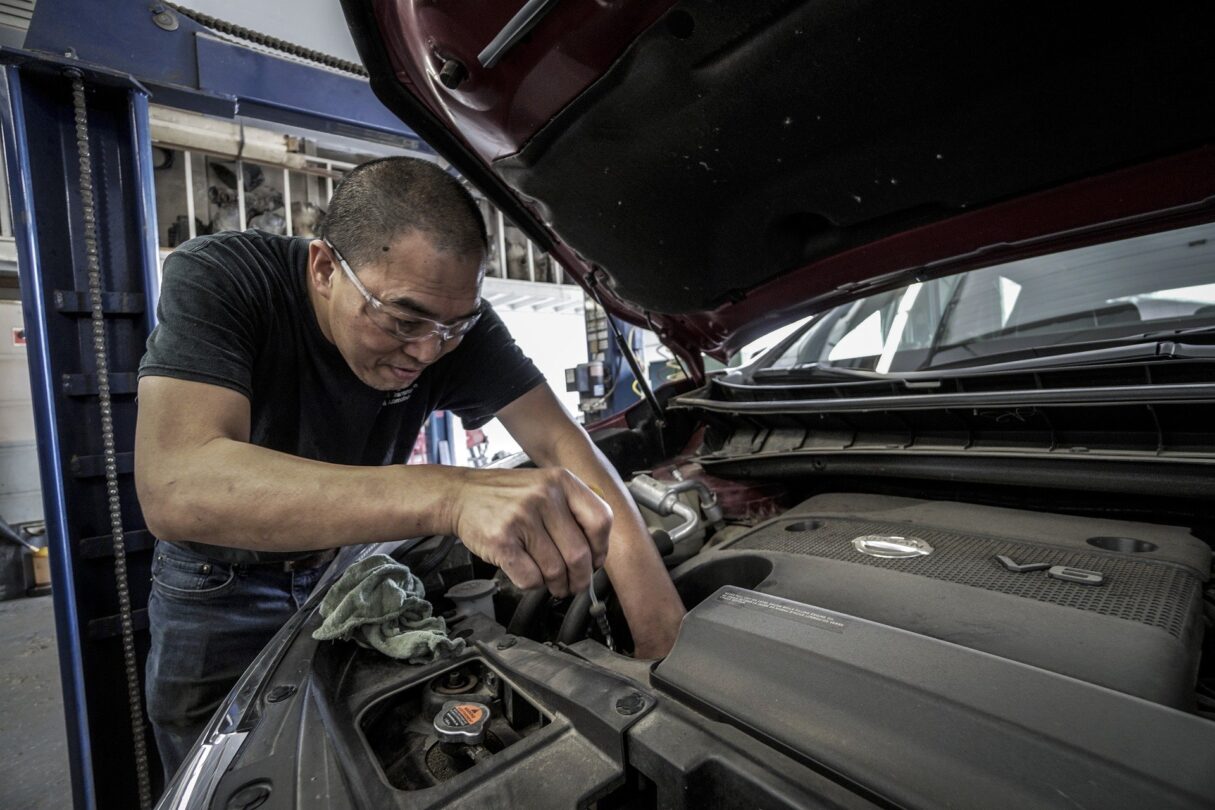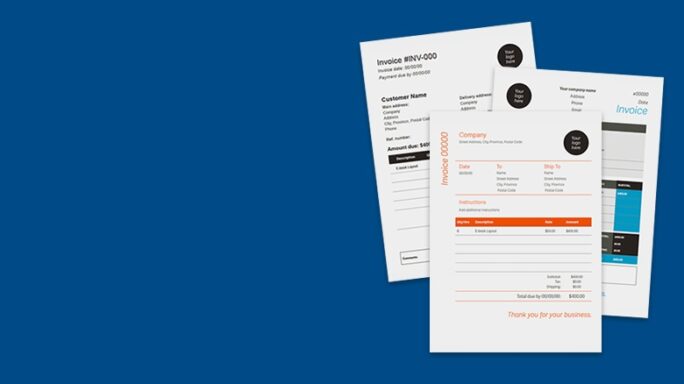Money Matters
How to set up and run your accounts as a mechanic
Understanding how to run your accounts as part of your car mechanic business is important for keeping your company on track. Read this for essential advice.

If you’re running a car garage, or about to set up as a mechanic, you’ll need a firm steer of your accounts to keep customers happy, staff safe and suppliers properly managed. Knowing how to set up and run your accounts is important.
Having well-organised accounting procedure can help you reduce overspending and grow your business too.
Recognising each element of modern bookkeeping will help you to organise them separately, so it doesn’t seem like such a big job. Work these different parts into your daily or weekly tasks find a routine that suits you. This article will provide you with tips to make this happen.
How to manage quoting and estimating
Everything starts with a quote, whether you’re working for an individual or doing a job for a business fleet.
By streamlining the process, you can book customers in more quickly and keep track of quotes to chase up. Use a template quote with your branding, contact details and VAT or company numbers. It is also helpful and time saving to keep a record of labour costs and common supply costs close at hand.
The quicker you get the quote to a customer, the more quickly they are likely to book the job in.
Invoicing and getting paid quickly
Your quoting system can help you to invoice quickly, if you use the same process and template you can turn a quote into an invoice. This reduces data entry and helps you get paid quickly.
Make sure to include clear payment details on your invoices. Consider how you will take phone payments too, as many customers will do this before they pick up their vehicle.
You may also be dealing with business customers; being able to invoice them promptly ensures your paperwork reminds at the front of their minds.
Professional invoice templates
Getting paid on time is vital. Download our set of professional, VAT-compliant invoice templates to make sure you make a good impression and get paid faster.

Managing parts and stock
Much of your business depends on whether you have the right part to fix your customer’s vehicle on time. An organised set of accounts allows you to keep track of the stock you’ve ordered – meaning you know when you expect a delivery and when to reorder.
You’ll also be able to keep a tight control over your cash flow. Running supply reports can also allow you to budget for monthly, quarterly or yearly part costs and pay suppliers on time.
Pricing for labour
Your main business is providing a service, so it’s vital your labour costs are an accurate representation of your costs. Being able to have a clear view of what your salaries, premises and other running costs are will allow you to set a realistic labour cost.
You can also dig further and define which jobs may be particularly costly, for example if they require two people, and add extra costs.
How to manage your staff
In managing your employees, you need to think about salaries, pensions, tax, National Insurance and also health and safety. Whether you employ five or 15 people, there are a few ways you can keep your staff happy and also minimise the amount of time you spend on HR and admin.
Salary and PAYE
It is now easier than ever to run payroll with automatic calculations and PAYE (pay as you earn) calculators. No more guesswork. You can reduce payroll errors and ensure you are keeping up with tax obligations.
Choosing the right payroll software will help when it comes to automatically calculating all the numbers for you while enabling you to stay on the right side of HMRC.
Health and safety
A car garage doesn’t have to be a hazardous environment if all the risks are managed properly. Ensure you do all the necessary risk assessment associated with manual handling, heavy machinery and chemical use.
The Motor Vehicle Industry Guides on the HSE website will help you put in the right procedures.
Staff development and apprentices
An organised set of accounts will let you review costs regularly to help develop your team – this could be with new hires, staff training or appraisals. For many garages, apprentices are a good way to grow your team and offer opportunities to young people.
Run your accounts checklist: Key accounting dates to remember
There are a few dates you and your accountant (if you have one) need to keep to through the year, generally relating to salaries and tax. Here is a reminder of them:
PAYE and NICs (National Insurance contributions)
Must reach HMRC no later than the 22nd day of the month, following the month or quarter the payments relate to.
Corporation Tax
Due annually nine months after the end of your company’s accounting period. Must be paid electronically.
VAT (Value Added Tax)
Cleared funds must reach HMRC by the seventh calendar day after your standard due day. Add three days if you are using direct debit.
Self-assessment tax return
You can complete your self-assessment tax return as soon as the tax year ends. Payments must be received by 31 January each year and a balancing payment must be made on the 31 July each year.
You must fill in a return even if you have no payments to make.
10 things to look for in small business accounting software
Using the right technology can give you the time and space to make your business a success. This guide offers 10 points to consider when looking for the right accounting software for your company.








Ask the author a question or share your advice